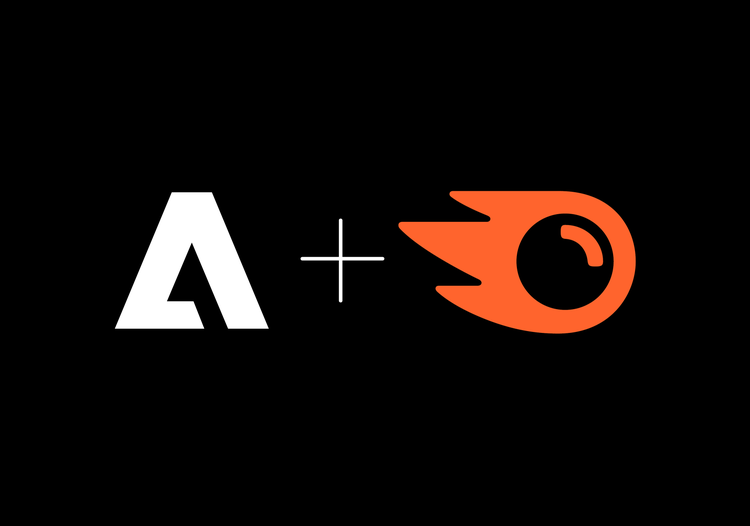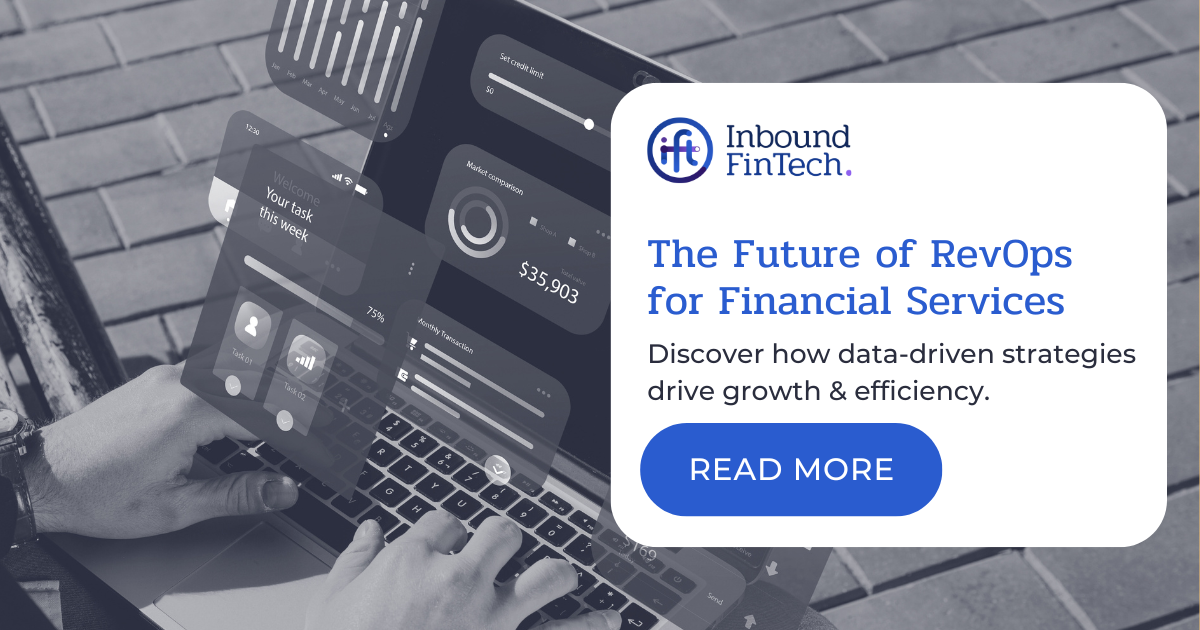SEO & AI: How Search Engines Are Changing with Artificial Intelligence
AI is transforming SEO & changing how search engines rank, personalise, and display content. Discover how to adapt your strategy to stay ahead in the AI-driven era.
.png?width=506&height=272&name=IFT%20Social%20Media%20Templates%20(18).png)
Google has become such a huge part of our daily lives that “Googling” is now a verb. It’s how we find answers, discover the new things and navigate the digital realm.
Did you know, that every minute, 5.9 million searches are made on Google?
Google is still the go to for many users worldwide, but with new AI platforms on the rise, the way people search is changing.
ChatGPT has a whopping 400 million active users on a weekly basis. The platform sees around 122.58 million daily users, procession over 1 billion queries on a single day.
So that begs the question. Should you be adapting your SEO strategies to fit with AI?
The Role of AI in SEO
Artificial Intelligence (AI) is reshaping how search engines operate, influencing everything from search algorithms to content ranking. AI-powered search engines are designed to deliver more accurate, personalised, and conversational results by understanding user intent more effectively than ever before.
For businesses and marketers, this means that traditional SEO strategies are no longer enough. Instead, adapting to AI-driven search trends is crucial to maintaining visibility in search results.
How AI is Transforming Search Engines
AI has led to a fundamental shift in how search engines interpret and rank content. Here’s how:
-
Conversational Search & AI Chatbots – Tools like ChatGPT, Deepseek, and Google’s AI Overview prioritise natural language processing (NLP) to deliver answers directly, reducing reliance on traditional search result pages.
-
Personalised Search Results – AI algorithms analyse user behaviour, search history, and preferences to offer more personalised results.
-
Content Quality & Relevance – AI prioritises well-researched, engaging, and authoritative content while reducing reliance on keyword stuffing and outdated tactics.
-
Visual & Voice Search Optimisation – Search engines are getting better at processing images and voice queries, making multimedia content optimisation more critical.
Actionable Steps to Adapt Your SEO Strategy
To ensure your brand stays visible in AI-driven search engines, consider the following strategies:
-
Optimise for AI Chatbots & Conversational Search – Structure content in a way that aligns with AI-generated answers, such as creating FAQ-style pages and featured snippets.
-
Focus on High-Quality Content & EEAT (Experience, Expertise, Authoritativeness, Trustworthiness) – AI rewards well-structured, informative, and authoritative content. Invest in expert-driven articles, original research, and case studies.
-
Improve Content Structure for AI Indexing – Use schema markup, structured data, and clear formatting to help AI understand your content better.
-
Enhance Multimedia SEO – Optimize images, videos, and audio content for search by adding descriptive alt text, metadata, and relevant captions.
-
Leverage AI SEO Tools – Use AI-powered tools like SurferSEO, Clearscope, or MarketMuse to refine your content strategy based on AI-driven insights.
The Benefits of AI-Optimised SEO
|
Benefit |
What's it all about? |
|---|---|
|
Increased Search Visibility |
AI-powered search engines prioritise well-structured, high-quality content, improving rankings and visibility. |
|
Higher Organic Traffic |
AI-driven personalisation ensures that your content reaches the right audience, driving more qualified traffic to your site. |
|
Better User Engagement & Experience |
AI enhances the search experience by delivering more relevant results, increasing user retention and engagement. |
|
Competitive Edge |
Early adoption of AI-optimised SEO strategies helps businesses outperform competitors who are slow to adapt. |
|
Future-Proofing SEO Strategy |
Staying aligned with AI-driven search trends ensures long-term success and adaptability to evolving algorithms. |
What Happens If You Don’t Adapt?
Failing to adapt to AI-driven SEO can have significant consequences:
-
Decreased Search Visibility – As AI-powered search engines prioritise content designed for conversational queries, traditional SEO tactics may lead to lower rankings.
-
Loss of Organic Traffic – If AI prioritises competitors’ content over yours, your website may see a drop in organic visitors.
-
Reduced Lead Generation & Conversions – Less visibility means fewer opportunities to convert visitors into customers.
Final Thoughts
AI is revolutionising SEO, making it imperative for businesses to rethink their approach. By optimising content for AI-driven search engines, leveraging structured data, and focusing on high-quality content, brands can secure their place in the evolving digital landscape.
.png?width=500&height=250&name=Inbound%20Fintech%20%20HubSpot%20%26%20RevOps%20Consultancy%20for%20FinTechs%20(2).png)


.png)
